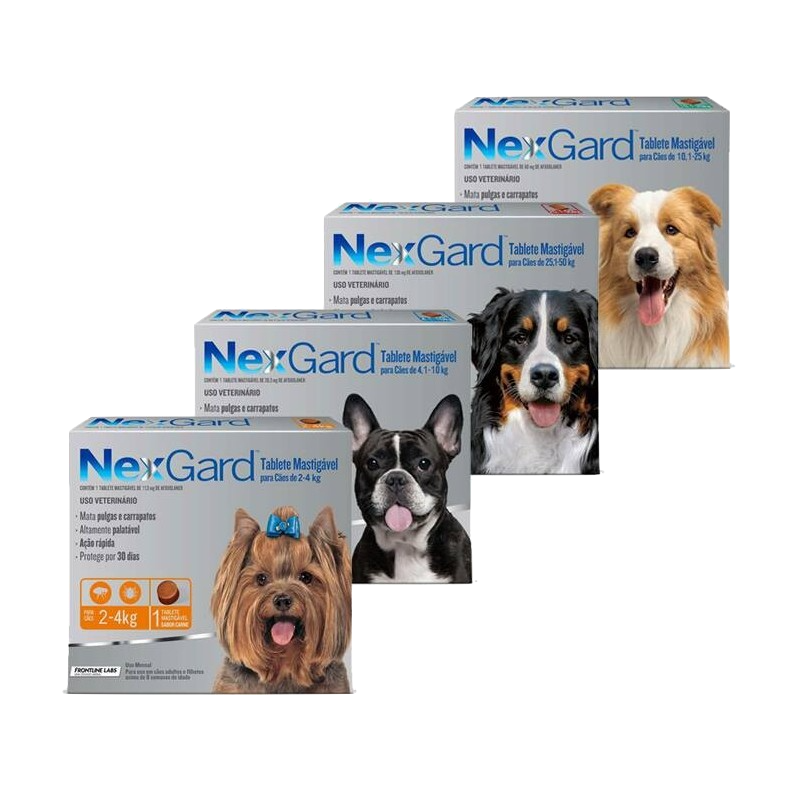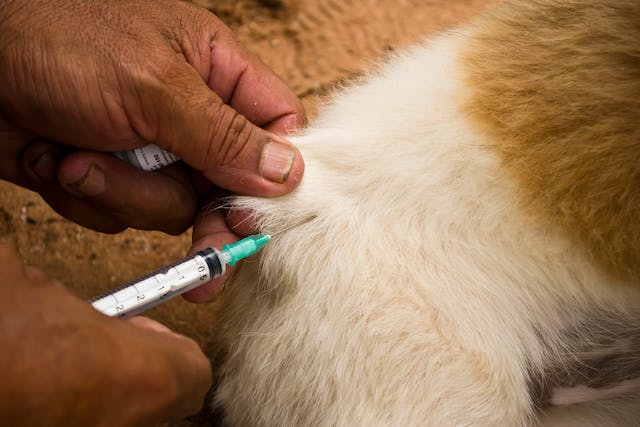As responsible pet owners, ensuring the health and well-being of our furry friends is a top priority. One health concern that can affect dogs, especially those in social environments like dog parks, boarding facilities, or training classes, is Canine Infectious Respiratory Disease (CIRD). Also known as kennel cough, infectious tracheobronchitis, or canine infectious respiratory complex, CIRD is a contagious respiratory infection that can spread quickly among dogs. In this informative piece, we will explore the causes, symptoms, prevention, and treatment options for canine infectious respiratory disease.
CIRD is typically caused by a combination of infectious agents, including viruses and bacteria. The most common culprits are the bacteria Bordetella bronchiseptica and the virus’s canine parainfluenza and canine adenovirus. These pathogens are highly contagious and can be transmitted through respiratory secretions, making close contact or shared airspace a common mode of transmission.
Recognizing the signs of CIRD is crucial for early intervention. Common symptoms include:


While CIRD is highly contagious, there are steps you can take to reduce the risk of your dog contracting the disease:

If your dog does contract CIRD, early detection and appropriate treatment are essential. Treatment may include:
Canine Infectious Respiratory Disease is a common ailment, especially in environments where dogs interact closely. By being aware of the causes, symptoms, and preventive measures, you can take proactive steps to protect your beloved pet. Regular veterinary check-ups, vaccinations, and maintaining a clean-living environment are key components of a comprehensive approach to canine health.
© North Jersey Veterinary Hospital 2022 Site by The Mystic